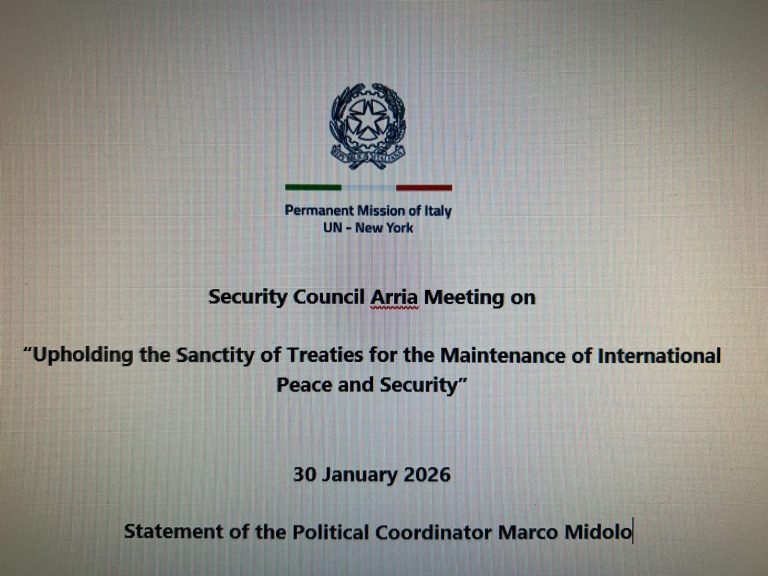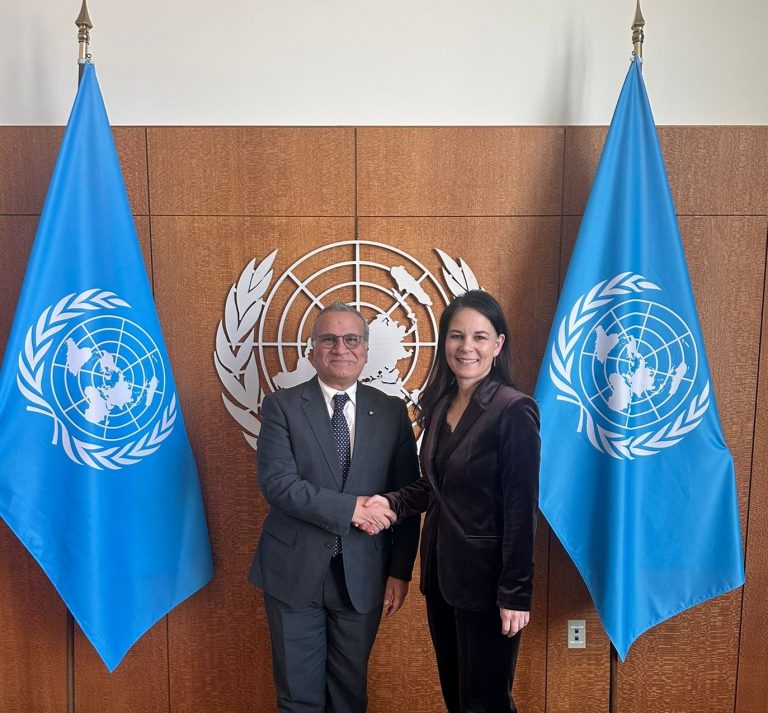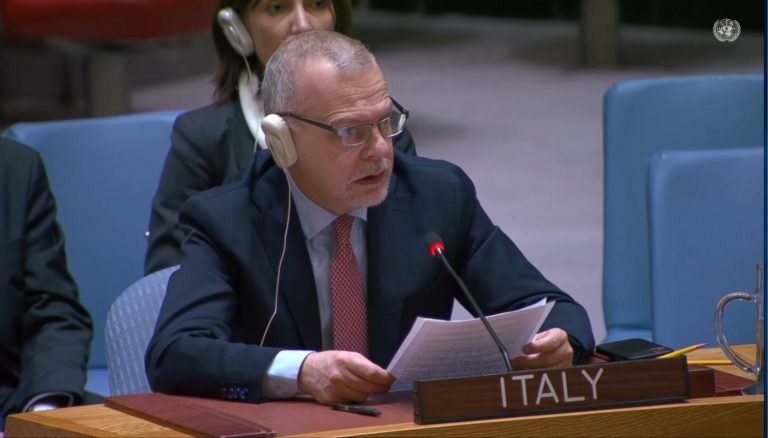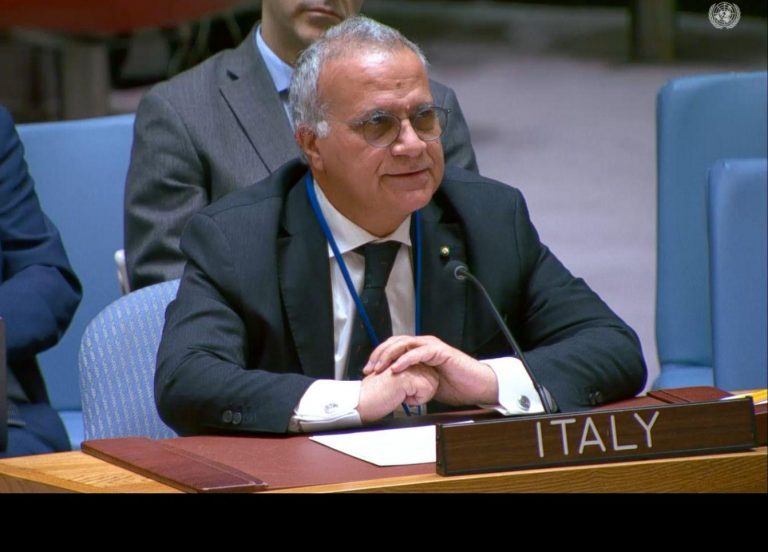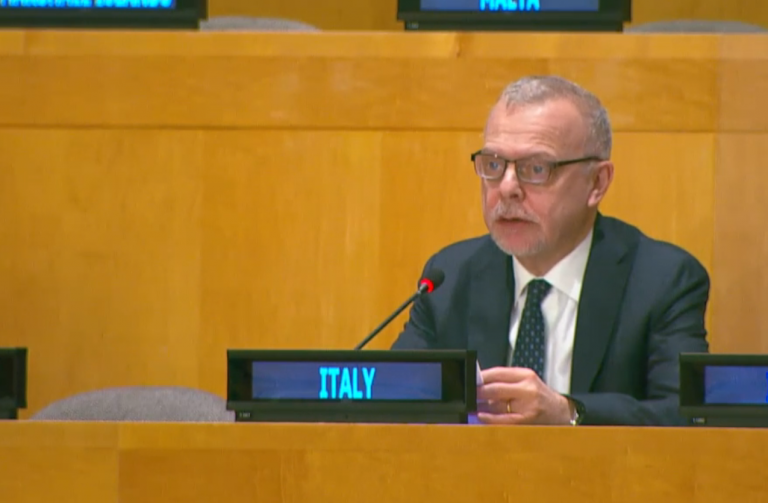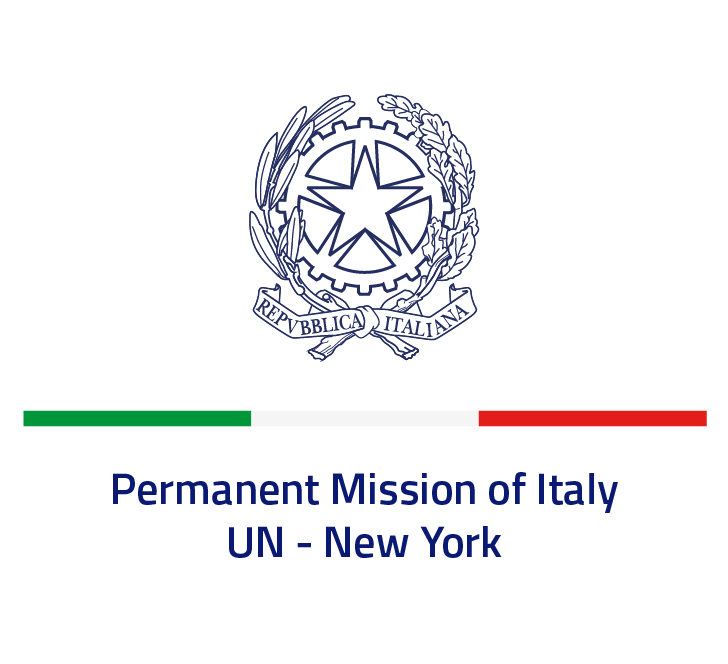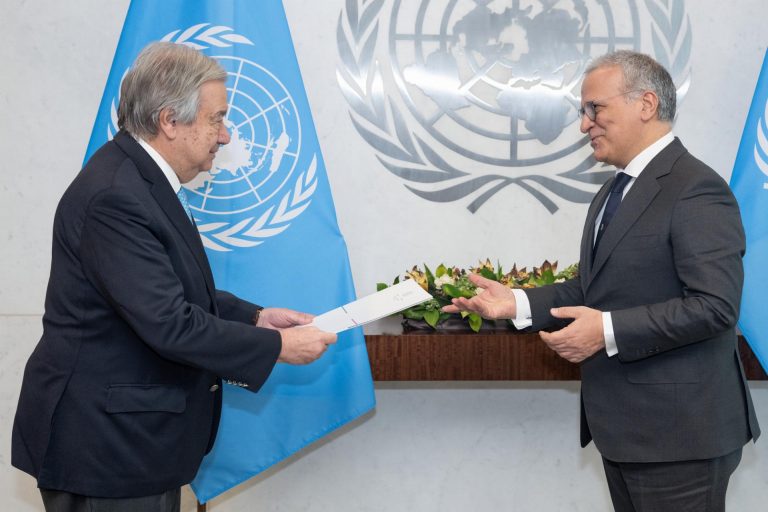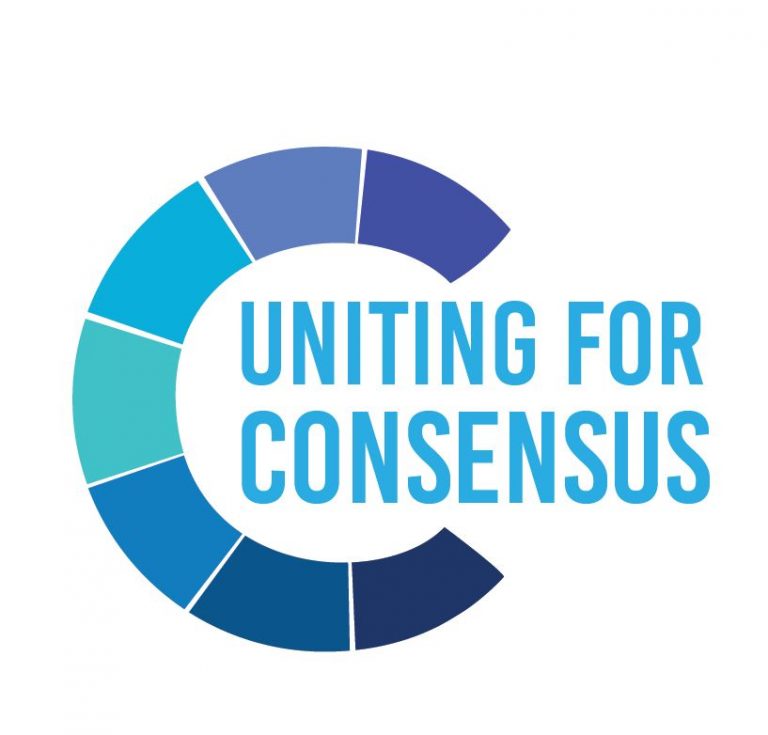Commission on the Status of Women (67th session) General Discussion
Wednesday 8 March – 3 PM
Statement by H.E. Eugenia Maria Roccella, Minister for Family, Natality and Equal Opportunities, Italy
Dear President,
Dear colleagues,
Ladies and Gentlemen,
I am pleased to participate to this session of the UN Commission on the Status of Women, which this year coincides with the celebration of International Women’s Day. This attendance reinforces our global commitment to all women and girls who still do not see their rights and freedoms protected today. Our thoughts are for those women that in war zones, such as in Ukraine, following the Russian aggression that started one year ago, are victims of several kinds of violence, including war rapes, used to violate the physical integrity of women and as war weapons.
Italy aligns itself with the statement released by the European Union and renews the support to innovation and technological change as instrument of empowerment for all women and girls. From now on it will be more natural to pursue this goal having Italy for the first time a woman as Prime Minister.
New technologies represent a great opportunity. Promoting policies and measures to remove the digital divide between women and men means opting for a proper enhancement of women’s potential that remains scarcely used. For the same reason it is important to implement the intergenerational digital education through policies designed to support women of all ages, to benefit from the opportunities provided.
Women and girls should be leaders of the economic and social development of their communities. At national level, Italy has embodied this goal in the National Recovery and Resilience Plan – funded by the European Union – which includes investments to promoting educational paths in STEM disciplines.
It is essential to shape a digital society that equally meets female and male needs. First and foremost in the occupational world.
Italy continues to promote equal opportunities in business and in the job market. At this regard, the national Gender Equality Certification System has been recently introduced, paving the groundwork to strengthen a strategic approach to reduce gender gaps in the most critical areas and supporting an overall transformation of corporate culture. In addition, there is the latest introduction of a code of ethics for companies, mainly focusing on the re-employment of women following maternity leave and reducing the phenomenon of resignations.
I would like also to emphasize the importance of supporting an adequate work-life balance, encouraging incentivizing women’s careers that should not mean giving up the desire of motherhood and family. Women should be free to make a maternity choice without having to renounce to their life and career aspirations.
The adoption of smart and flexible work measures, without reducing duties and social protections, jointly with information and communication technology, support the creation of an enabling environment for women’s empowerment.
It is also worth to mention that digital technologies are instruments particularly precious for women living in countries with limited spaces for freedom and civil rights. They can potentially use tech tools to access information and opportunities, to get in contact with other women and to confront the world. In nutshell, to open windows of freedom.








